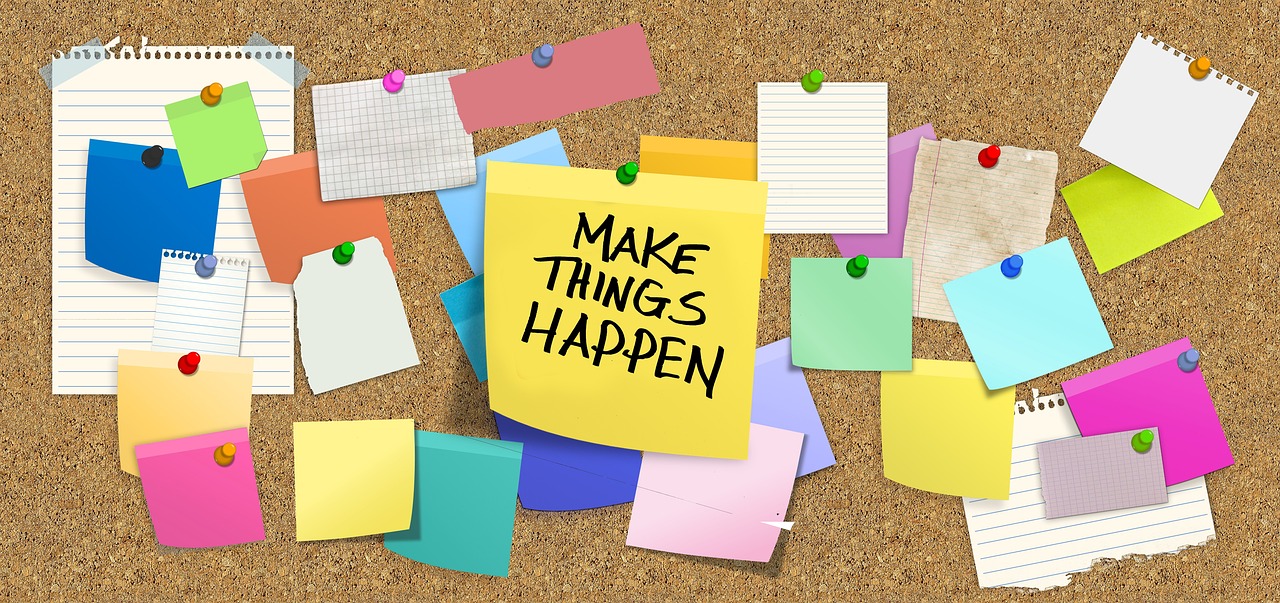So, how are your New Year’s Resolutions going? If you’re like most people, they’ve probably well and truly gone by the wayside by now, and you’re back to your regular life – I know the crisps have found their way back onto my shopping list! For this month’s wellbeing column, I found myself wondering why we do this to ourselves every time the year clicks over, and what we could do instead.
Like me, you’ve probably thought, this is the year I’m going to lose a stone/give up alcohol/take more exercise/look after my skin better/be nicer to people, and every year, we start with the very best of intentions, only to crash and burn after a few days, or a couple of weeks, if we can muster up the willpower and all the other omens in our lives are good. That’s brilliant, and whatever you’ve been able to change, even for a while, it will have made a positive difference to you. However, studies in motivational psychology are showing that we’re approaching it the wrong way. New Year’s Resolutions are essentially goals – things we want to achieve – but it’s a rare person indeed who succeeds just on a goal. Goals come from the more rational, long-term-oriented part of your brain. Say you want to lose a few pounds, or be nicer to people, or cut down on social media. You are not struggling to see why you want to change. The problem is the more impulsive, short-term-oriented part of your brain, the one that sustains your habits and takes over most of your day-to-day actions. Your brain is very good at automatizing behaviour, freeing resources for other things. But, when those automatic behaviours conflict with your long-term goals, you struggle. So, how do we make the changes automatic, so that we don’t even think about them – how great would that be? Here are a few ideas:

First, an oldie but a goodie – make your goal SMART – specific, measurable, achievable, relevant and time-related. You have to get really granular about what you want to achieve, so rather than saying “I want to lose weight”, try saying, “I want to lose 2lbs per week for 26 weeks”. That makes it Measurable too, and probably more Achievable. It has to really matter to you, personally, as well – try not to get into that thing of thinking that everyone is slimmer, fitter, healthier, whatever, than me, so I have to do it too. Newsflash – you don’t!!! Finally, keep it to a reasonable period of time – nobody wants to see a salad-filled existence stretching out for ages, so just keep it to a short period of time. Once you’ve formed a habit and started feeling better about it, you’ll probably keep it up, because that sneaky short-term mind has said, yes, this is ok, actually.
The second one is the approach I’m trying this year, and it comes from a book called Atomic Habits by James Clear (I’m not on commission, by the way; it’s just a really good read). It’s called “When I Do X, I Will Do Y”, and it helps you to stack good habits. So, these days, when I’m waiting for the kettle to boil, I’m doing 10 press-ups. Yes, I feel really sore right now, but most of January in, and I’m still doing it! Maybe worth a try?
The final idea is to make the first of the month a review of how the one before has gone. Instead of thinking, well, I failed on that, and then giving up, maybe switch to thinking, okay, so maybe January wasn’t so good, but at least I started – I’ll go again in February and aim for one day longer?
I hope these ideas have been useful ones for you. Whether it’s something as simple as “I’m going to do a circuit of Vivary Park three times a week” or something more ambitious, any positive changes you make will make you feel so much better, and maybe this year will be the one that it sticks? As for me, I’ve just signed up for the Colour Run at the racecourse in May, so I’d better get my trainers out – having your friends and family pay money to see me suffer is also a great motivator! Till next month.

